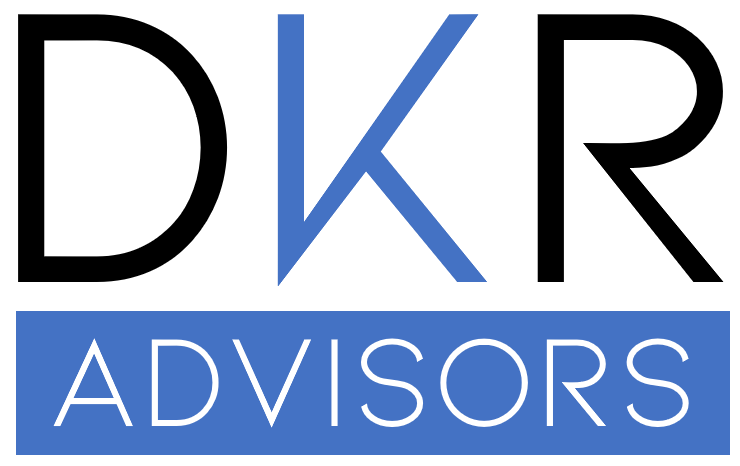
Navigating Board-Level Risk Management
In the intricate dance of corporate governance, where the board’s oversight meets management’s execution, the spotlight often falls on risk management. This critical facet can be a potent force for resilience or a potential pitfall if not approached with strategic acumen. At DKR Advisors, we recognize the pivotal role of risk management at the board level and the symbiotic relationship it shares with management. Let’s explore the expectations, best practices, and the dynamic collaboration that defines effective board-level involvement.
Expectations at the Board Level:
As stewards of the company’s future, the board shoulders the responsibility of safeguarding its interests. In the realm of risk management, several key expectations define the board’s role:
1. Risk Oversight:
The board is tasked with providing robust oversight of the company’s risk management processes. This involves understanding and assessing the risks inherent in the business environment and the efficacy of management’s strategies to mitigate them.
2. Strategic Alignment:
Effective risk management is intricately linked to the company’s strategic objectives. The board must ensure that risk management practices are aligned with the overall strategic vision, fostering a comprehensive and integrated approach.
3. Informed Decision-Making:
Informed decision-making lies at the heart of effective risk management. The board is expected to make decisions based on a thorough understanding of the risks involved, balancing the pursuit of opportunities with the mitigation of potential threats.
4. Accountability and Compliance:
Boards are responsible for holding management accountable for the implementation of the processes. This includes ensuring compliance with regulatory requirements and ethical standards.
Best Practices in Board-Level Risk Management:
To fulfill these expectations, boards should adopt best practices that form the bedrock of a resilient framework:
1. Risk Identification and Prioritization:
Collaboratively with management, boards should identify and prioritize risks from high to low based on their potential impact. This structured approach allows for focused attention on the most critical threats.
2. Impact Assessment:
Conduct a thorough impact assessment to understand the potential repercussions if a risk materializes. This involves evaluating the financial, operational, and reputational impact on the company.
3. Risk Mitigation Plan:
Develop a robust plan of action to minimize identified risks. Work closely with management to implement preventive measures and establish contingency plans that align with the company’s overall strategy.
4. Quarterly Progress Updates:
Maintain a dynamic approach to risk management by providing quarterly updates on progress. This ensures that the board stays informed about the effectiveness of risk mitigation strategies and can adapt to changing circumstances.
Embracing Risks with Vigilance:
While strategic risk management is indispensable, acknowledging that risks may still develop into real issues is a fundamental tenet of effective governance. The worst action a board and management team can take is to ignore a risk. The board needs to discuss and assess the risk. It may or may not take action based on many business factors, but it cannot brush it off. Vigilance in acknowledging, evaluating, and responding to risks ensures a proactive approach that helps safeguards the company’s future.
Conclusion: Effective board-level risk management is not a static process; it’s a dynamic partnership between the board, management, and trusted advisors. At DKR Advisors, we understand the intricacies of this collaboration and bring a strategic lens to risk oversight. Together, we navigate the complexities of risk, ensuring that your company emerges not just resilient but primed for sustainable success. Let’s embark on a journey where risk management becomes a strategic asset, driving your company toward new horizons.
David Raun
DKR Advisors
www.dkradvisors.com
dave@dkradvisors.com


